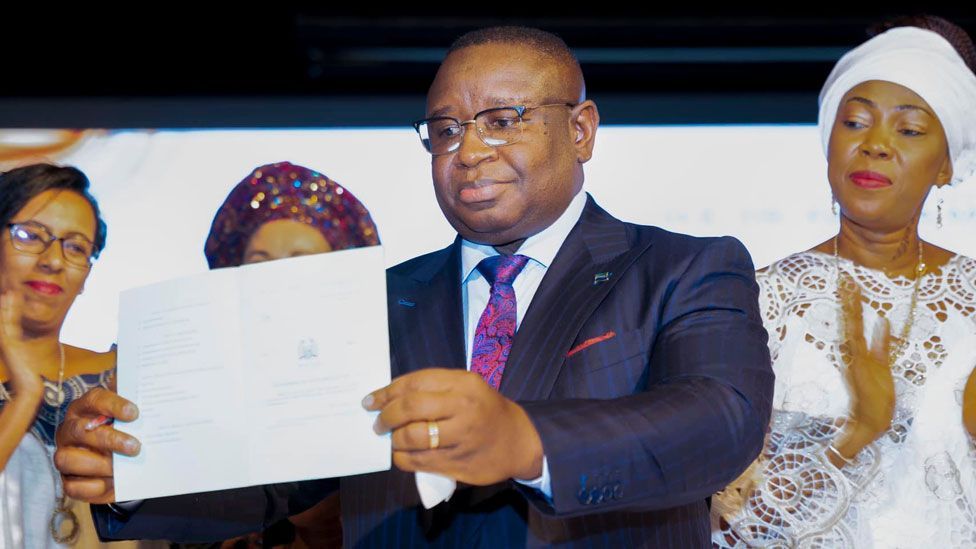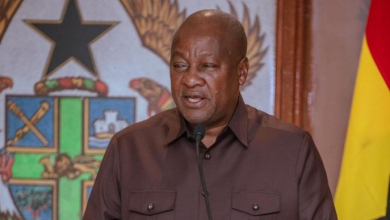Sierra Leone enacts landmark law banning child marriage

Sierra Leone recently enacted a significant law banning child marriage, celebrated at a ceremony hosted by First Lady Fatima Bio in Freetown.
The event saw attendance from notable guests, including first ladies from Cape Verde and Namibia, as President Julius Maada Bio signed the Prohibition of Child Marriage Act into law.
The new legislation imposes severe penalties, including at least 15 years in prison or fines of approximately $4,000 (£3,200), or both, for anyone involved in marrying a girl under 18.
University student Khadijatu Barrie, whose sister was forced into marriage at 14, expressed her support for the ban but lamented its late arrival, saying, “I really wish it had happened earlier.
I could have at least saved my sister and my friends and other neighbours.” Ms. Barrie, who narrowly escaped a similar fate at the age of 10 by fleeing home after her father disowned her, found help from teachers and a UN worker who supported her education and provided accommodation.
She emphasized the need for widespread awareness in rural areas to ensure the law’s effectiveness, stating, “If everyone understands what’s there waiting for you in case you do it I’m sure this country will be a better one.”
In Sierra Leone, where a third of girls are married before 18, contributing to one of the world’s highest maternal death rates, the new law targets not only the groom but also the parents, guardians, and even wedding attendees.

First Lady Fatima Bio, who has been a vocal advocate against sexual abuse during her husband’s six-year presidency, ensured the bill’s signing was a prominent event.
President Bio, motivated by his own upbringing by strong women after losing his father early in life, reiterated his commitment to women’s empowerment, saying, “Together, we want to build an empowered Sierra Leone where women are given an even platform to reach their full potential. I have always believed that the future of Sierra Leone is female.”
Rights activists have hailed the law as a landmark achievement.
The US Bureau of African Affairs praised the legislation on their X page, calling it a “significant milestone” that not only protects girls but also advances human rights protections.
Source-BBC




